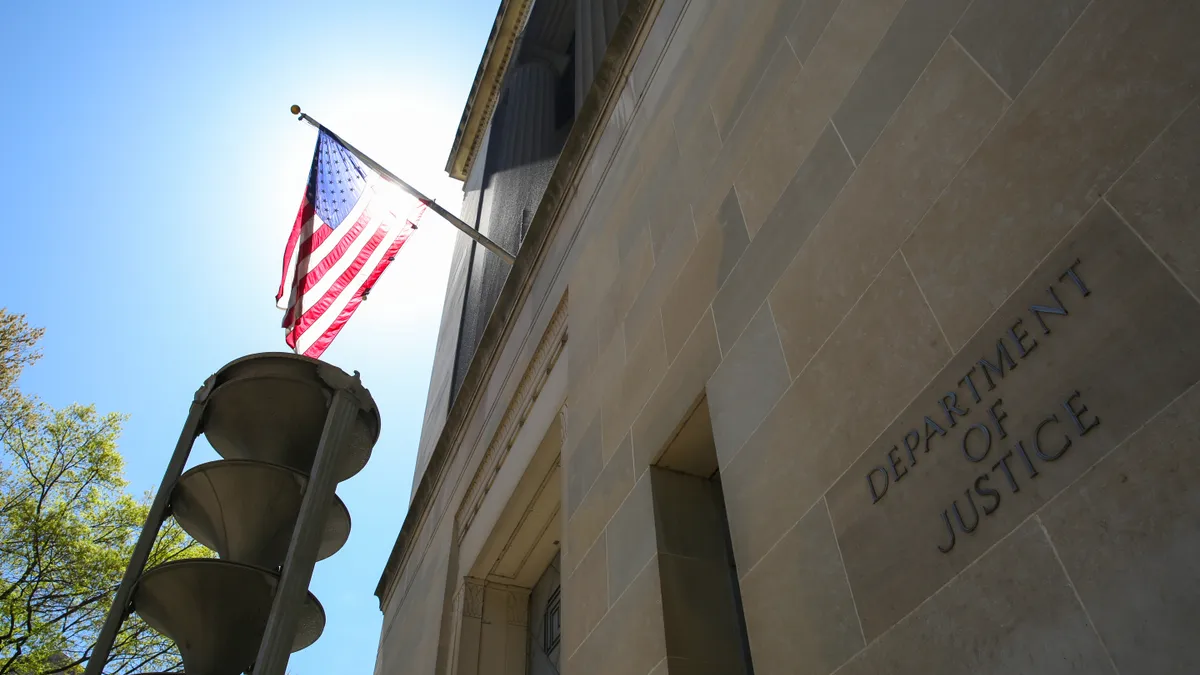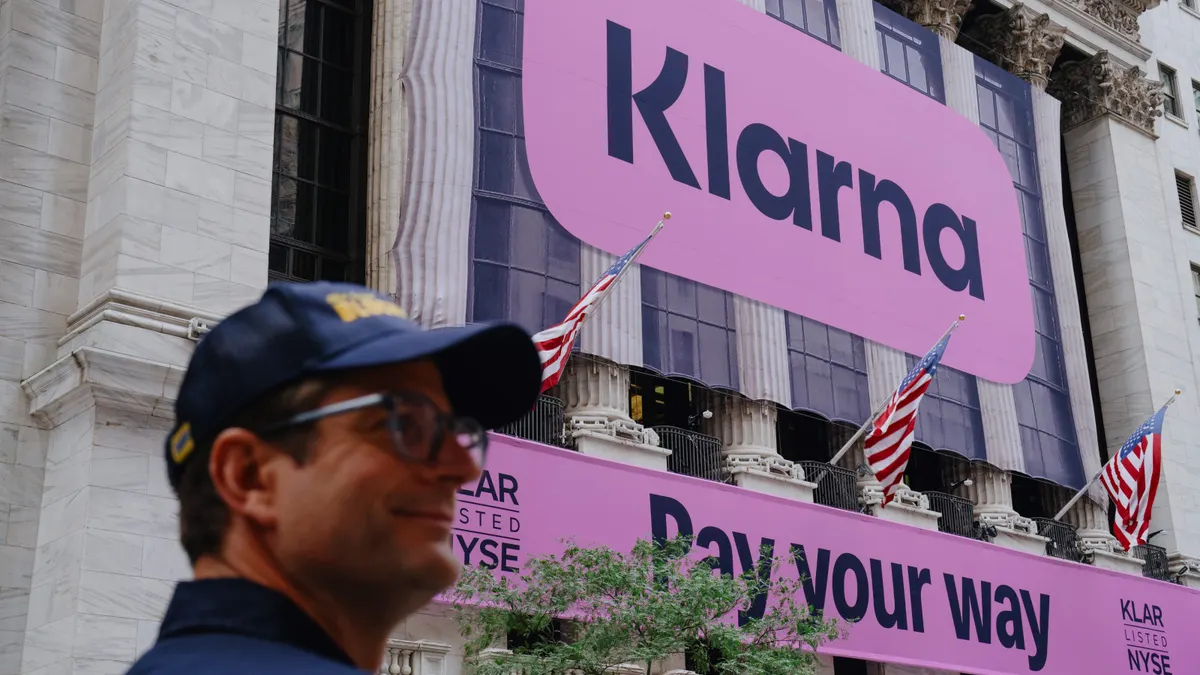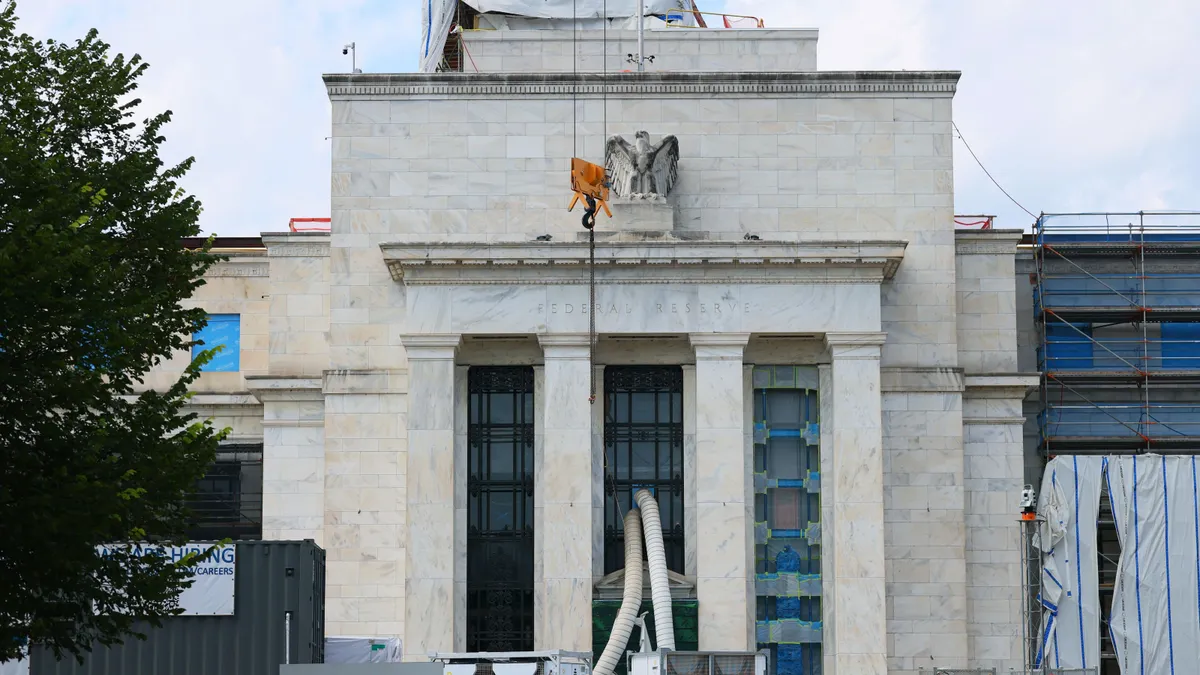Countries worldwide are seeking to rein in the use of cryptocurrency for money laundering in a crackdown that's expected to intensify, financial services lawyers focused on regulation said at a recent international panel discussion.
A consensus on that point emerged during the June 3 Payments Canada Summit discussion on "Understanding the illegal uses of crypto and bitcoin, dark web payments, fraud, money laundering, and other illegal transactions," with participation from five lawyers at firms in the U.S., Canada and the United Kingdom.
“Moving forward, there's going to be an increasing focus on technology around identity and authentication to make sure that if you're a financial institution you actually are able to verify, to the greatest extent you can, the individuals or the businesses that you're dealing with are,” said Andrew Bigart, a Venable partner based in Washington.
The U.K. Financial Conduct Authority (FCA) last week said that a significantly high number of cryptocurrency firms are failing to meet U.K. money laundering rules, which resulted in an unprecedented number of crypto firms withdrawing applications to register with the regulator, according to the Financial Times.
Approximately 2% to 5% of global GDP, or about $800 billion to $2 trillion, is lost to money laundering each year, according to a report from the United Nations.
Countries across the globe partnered together in 1989 to form the Financial Action Task Force (FATF) to thwart money laundering. Since then, the organization has collected 37 countries as its members, including the U.S., Canada and the U.K. in an effort to minimize money laundering.
Increased use and misuse of cryptocurrencies
The use of cryptocurrencies has been on the rise over the past year. Many law firms, fast food restaurants and big corporations like Microsoft are accepting payments in cryptocurrencies. Governments are developing central bank digital currency (CBDCs) relying on distributed ledger technology (DLT), where they can achieve efficiency, speed, reduction of costs, and effectively create programmable money.
The organization has "identified in particular, prepaid cards, cryptocurrencies and mining services businesses as some of the areas (for potential money laundering), and pointed to the fact that there could be further regulation in these areas in order to close some gaps,” Ana Badour, a partner at the Canadian law firm McCarthy Tetrault LLP said during the Payments Canada Summit panel. “As of June 1 last year, dealers in virtual currency in Canada were required to register with the Financial Transaction and Report Analysis Center (FINTRAC) as money services businesses.”
The move will help track all digital currency transactions. The 'travel rule,' which originated from the U.S., is required for all FATF members. It requires banks and financial institutions to include certain information like the source, senders’ and recipients’ information with the funds. The information travels digitally along with the funds to track the movement of funds across borders, Badour explained.
Challenges with cryptocurrencies
“The challenge that really occurs with respect to virtual currency transactions is when you're looking at the Bitcoin, blockchain et cetera, is that it was never built to carry that type of information, along with the transaction,” Badour said. “In requiring entities to start collecting and transmitting that kind of information, you're essentially requiring something that technologically was not built into the infrastructure.”
For a banking transaction, the financial institution maintains a ledger for each customer and their transactions and customers put their faith in a known third-party financial institution to maintain the ledger.
Blockchain technology, or DLT, is unique because it's a ledger that is “maintained and allows transactions to occur without having to go through any trusted third parties,” Usman Sheikh, partner at Gowling WLG, a law firm in Canada said. The ledger in fact is not held by one single party who is the single source of truth and who updates it, rather it is held by many parties around the world, he said.
“The way that these transactions are updated is through a method that they (network members) agree upon," which is a "consensus validation mechanism,” Sheikh said. Users' trust is not in a trusted third-party, but rather mathematics of a particular crypto ledger, and cryptographic proof, he said.
“Some say the revolutionary or evolutionary aspect of it is the ability to remove traditional third-party intermediaries from everyday transactions, all of whom rightfully or wrongfully take a fee for their service,” Sheikh said.
Users can achieve almost instantaneous cross-border transactions on a global scale very quickly from one jurisdiction to another and the transaction will be cleared within 10 minutes so that can be difficult for governments to track, he explained.
“You also have the pseudo-anonymity of the ledger, which means that we can see all the transactions on the ledger, but we don't know who's behind them,” Sheikh said.
These qualities of cryptocurrencies are highly attractive for criminals. Last month, Colonial Pipeline was hit with a cyberattack that forced the company to shut down approximately 5,500 miles of pipeline in the United States, halting gas delivery systems in Southeastern U.S. Darkside, the group behind the hacks received $90 million in ransom from Colonial Pipeline in bitcoin which was untraceable.
Payments in bitcoin also were reportedly made to Russian hackers to meddle in the 2016 elections to capitalize on the perceived anonymity of cryptocurrencies.
The Biden administration said last week that it is looking to examine cryptocurrency’s role in recent hacks that have disrupted essential industries, such as food and fuel.
In the U.S. the main law governing money laundering is the Bank Secrecy Act, which requires financial institutions like banks, credit unions and casinos to implement anti-money laundering programs. One of the key requirements is to monitor for suspicious activity, like dark payments and ransomware payments, Bigart said.
Compliance is a big issue in the U.S., something that the examiners and regulators look at to make sure that financial institutions have got a robust AML program in place and that they are doing it properly, Bigart added.
“There has been an expansion of the definition of financial institution that is subject to anti-money laundering requirements to finally include virtual currencies,” Bigart noted. “FinCEN has issued guidance in the past, explaining how cryptocurrency exchange would be a money services business rather than a money transmitter, but this actually is putting that more directly into law, and I think it's an example of how the U.S. is slowly taking steps to bring cryptocurrency more within the regulatory fold.”


















